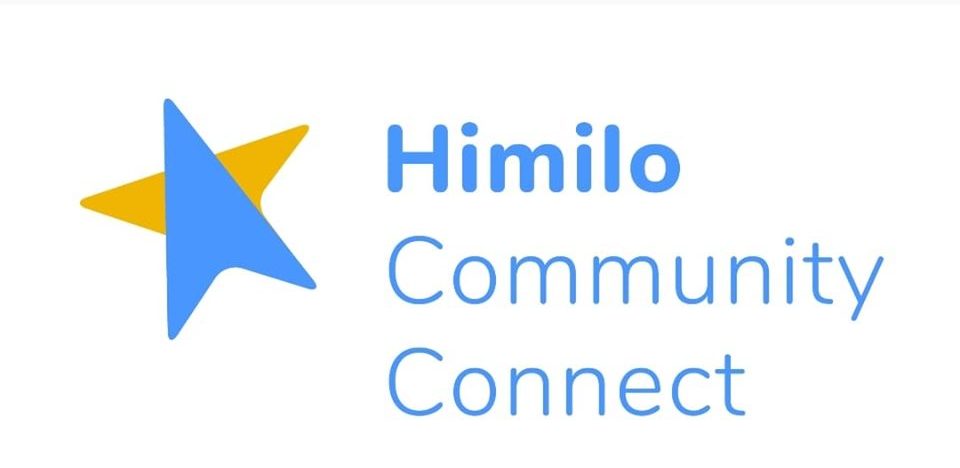Himilo Community Connect pilot
Banyule has one of Australia’s largest Somali communities. In the 2016 Census, there were 1091 Banyule residents with Somali ancestry. In 2016, consultations were undertaken with the Heidelberg West Somali community to identify the challenges they faced. The consultations revealed that an increasing number of Somali young people from the Heidelberg area are coming into contact with the justice system.
The consultations also identified that the Somali community experience barriers in accessing support services, including services that have the potential to divert young people from the justice system.
The consultation findings are supported by Victoria Police offender statistics. Between April 2017 and March 2018, offenders who were born in Somalia made up more than 3 times their population share. Somali young people living in Banyule experience a range of vulnerabilities. The Banyule Somali community is significantly younger than the general Victorian population, with a median age of 18 compared to the Victorian median of 37. While Somali young people have high levels of engagement in education, they experience much poorer employment outcomes than the general Victorian population.
Himilo Community Connect, a community-led project based in Heidelberg West, was established to address concerns raised in the 2016 consultations. Himilo provides education, employment, health and social cohesion outcomes for the local Somali community. Himilo provides direct support to Somali young people in contact with the justice system. In the 2019/20 financial year, Himilo provided support to 53 Somali young people who were charged with an offence. In addition, Himilo have partnered with local police to establish an ‘At-Risk Youth Panel’.
The Panel has been delivered since April 2018 and is an innovative response to diverting Somali young people from the justice system. Young people who have been charged with an offence can be referred to the Panel by police or a family member. The Panel takes place in three stages: first, police, Himilo staff and a Somali Elder meet to discuss the young person’s circumstances and offending; second, the young person’s family is included in the discussion; third, the young person is included in the discussion and a plan is developed to address their needs and engage them in support and referral pathways. Police may withdraw charges at the end of the Panel process. In the 2019/20 financial year, 11 Somali young people participated in the Panel process.
The Heidelberg Somali Community Justice Pilot seeks to strengthen and expand the Panel process and engage Somali young people in culturally appropriate support and referral pathways. The Pilot is based on two complementary activities:
- the Panel process will be documented and evaluated and opportunities for improvements will be identified and implemented
- the Panel process will be supported by a dedicated case management and referral service which will connect Somali young people to culturally appropriate support and referral pathways
CIJ is currently working to support the extension and evaluation of the pilot with partners.
